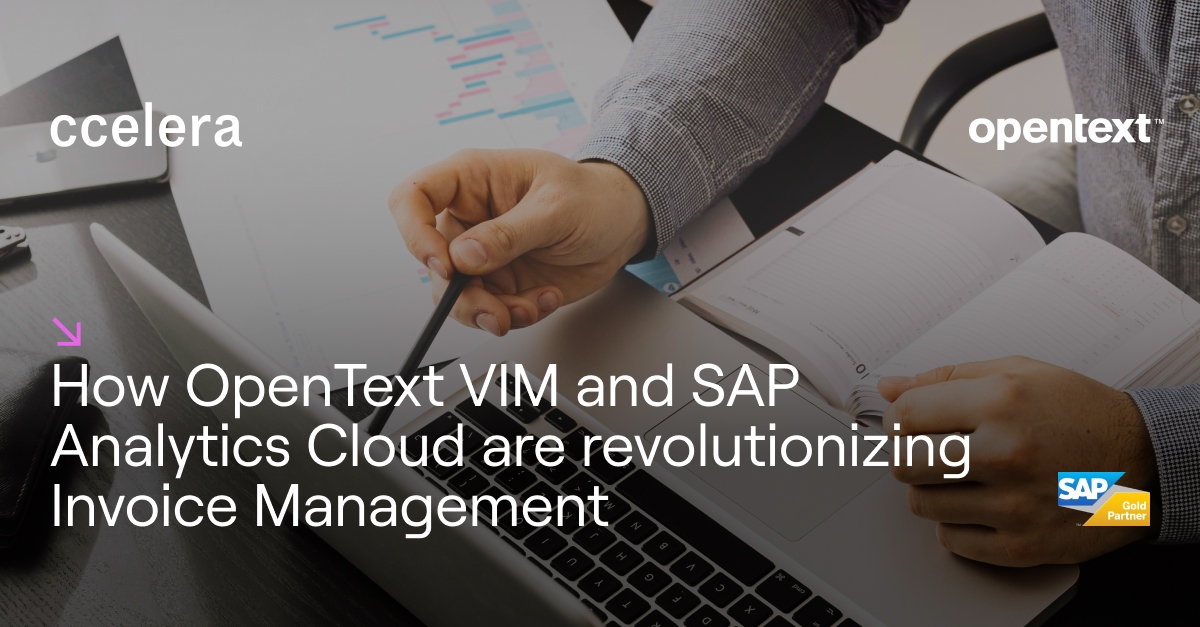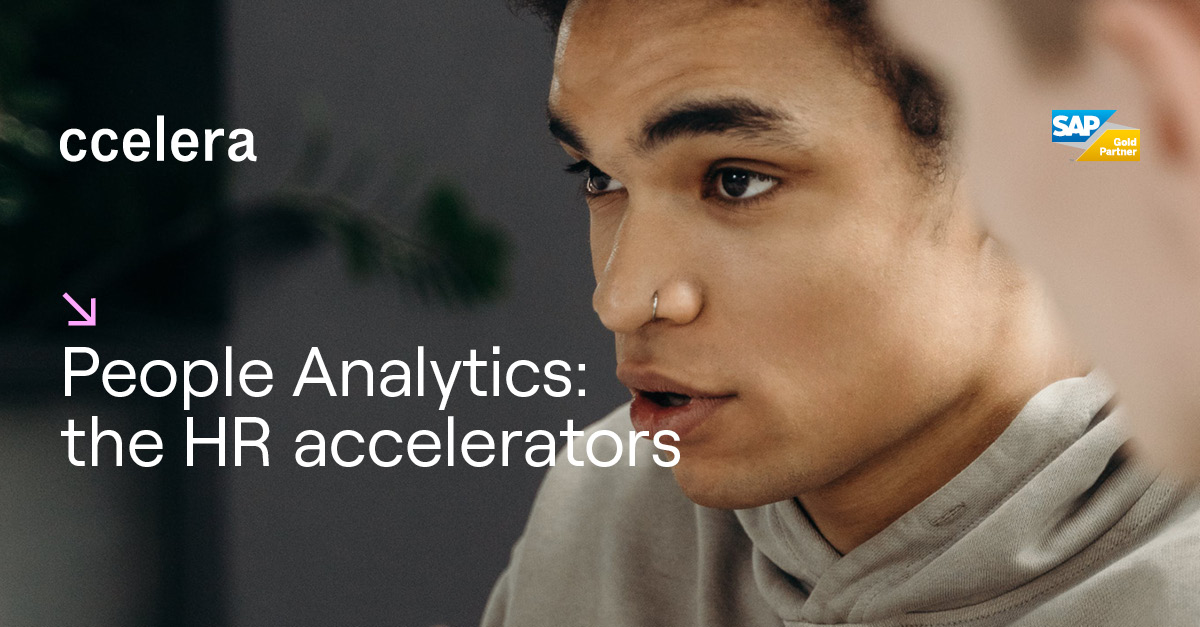
What are the benefits of reading Big Data?

The study of data is crucial for describing the past and predicting the future by identifying patterns of behaviour within a system with machine learning and data mining.
A look at the past with descriptive data analysis.
Descriptive Big Data analysis is a process that analyses historical data by aggregating and reorganising them to describe the past and answer the question: what happened?
This method is widely used in companies to quantitatively analyse internal events, such as the handling of goods, average customer spending on e-commerce, changes in sales levels over a given period, and generally anything that can be analysed quantitatively.
Eyes on the future through predictive analysis
In contrast with descriptive analysis, predictive analysis, which is a further method of data analysis, makes it possible to make predictions about future events and to answer the question: what could happen?
This method, starting from the study of historical data, seeks to create a model to extrapolate information about the future using different statistical strategies or the latest machine learning and data mining techniques, which allow large amounts of data to be analysed and provide equally correct information to better prepare for what will happen in the future.
The superpower of Big Data
Historical data are extrapolated from different areas of a company, mixed together and enriched with variables that increase the possibility of prediction.
Data analysis is therefore necessary in order to identify patterns within the data (e.g. by analysing ice cream sales, it’s possible to identify the following pattern: low sales in winter, high sales in summer), thus enabling the application of statistical machine learning models and algorithms to capture their meaning, relationships and extrapolate useful information to make authentic predictions about future events.
SAP characteristics that meet this requirement
- SAP is the best known and most popular management software for understanding the importance of data collection and analysis for a company.
- SAP has integrated tools for predictive analysis, trying to automate the process as much as possible so that the user does not waste time developing codes to save time and get information faster.
- SAP makes it possible to set up analyses with the aim of classifying data, e.g. whether a customer will lose interest in the company or continue to be loyal.
- Regression models are also easily configured from the SAP platform and allow, for example, the price of a product to be predicted by analysing variables such as transport costs or product taxes.
- Moreover, SAP makes it possible to set up analyses focused on a historical series, thus bringing together other information that could influence the data under examination.
An example of predictive data analysis in SAP
Furthermore, SAP allows customised algorithms to be developed using the R language, which gives greater control and flexibility over the analysis currently being performed. This way, users will have access to the potential that R provides, using all the statistical algorithms made available in the large number of packages that can be installed within the language.
In the data analysis landscape, SAP Predictive Factory is a product that stands out for its user-friendly interfaces and enables users – both business analysts and data scientists – to create, maintain and monitor predictive models in a productive and secure process.

Informed use of Big Data is crucial
In conclusion, data analysis is an essential step in business intelligence strategies and doing it in an informed manner is one of the basic requirements today.
The key to a company’s success is to receive the right information, so that knowledge can be turned into a competitive advantage.
The difference is made by the type of analysis and the different functions of the two, ‘descriptive’ of what is happening or ‘predictive’ of a future outcome.
Thanks to its experience, Ccelera has the ability to help companies identify the path necessary to start a descriptive and predictive analysis process. Our partnership with SAP ensures a very thorough knowledge of the product range, so we can guarantee the best solution.
For more information, please leave your details below and one of our consultants will get back to you right away.
Leave us your email and we’ll get back to you shortly.

